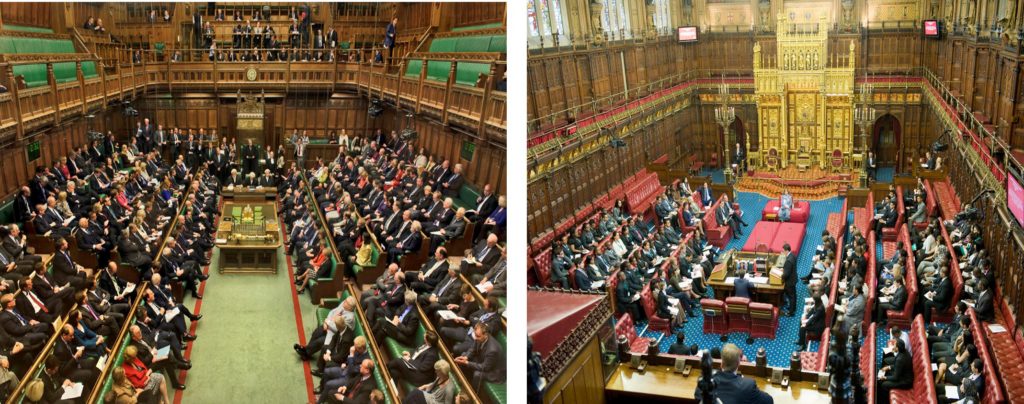Blog 1: Science and Parliament
As scientists, many of us aim to make significant changes, both nationally and globally, through our research and discoveries. But many young scientists, like myself, may not have spent much time thinking about how scientific discoveries are actually implemented in society. I recently spent 3 months working as an intern in the Parliamentary Office of Science and Technology (POST), finding out how science and policy mix in the UK.
POST is Parliament’s “in-house source of independent, balanced and accessible analysis of public policy issues related to science and technology” (according to their website). POST provides parliamentarians with peer-reviewed, evidence-based information about key public policy issues related to science and technology, to improve their understanding of these topics and help them to make informed policy decisions.
One of the first things that I learned during my internship is that parliament and government are two very different things. Parliament in the UK takes place in two “Houses”; the House of Commons and the House of Lords. Elected MPs sit in the House of Commons, and peers (Lords) sit in the House of Lords – these are called “parliamentarians”, and there are over 1000 of them! One of the main roles of parliament is to scrutinise the decisions of government during debates. Government is responsible for running the country and implementing policy, and is led by select members of parliament from the political party that is in power. Both Houses of Parliament are based in Westminster Palace (and some other nearby buildings, which together are called the “Parliamentary Estate”) in London, whereas government is based down the street in Whitehall.
Science policy is a very complicated process! There’s a lot more to it than just the science we focus on as researchers – policy makers also have to consider a much wider range of issues such as budgets, public opinion, and other outcomes. When a change in policy is being considered, it’s up to parliamentarians to check and scrutinise that decision. However, when it comes to science policy, parliamentarians often have many different and complex issues to consider, and they don’t typically have a background in science! Therefore, it’s really important that parliamentarians have fast access to unbiased information about key science issues, which is targeted to their understanding. POST provides this information, through peer-reviewed briefing documents on current science topics, often as four-page “POSTnotes”.
During my internship, I researched and produced a POSTnote about Young People’s Mental Health Services. This will be published at the beginning of the next parliamentary session (September 2017) to provide parliamentarians with a clear and unbiased summary of the research surrounding this important issue.
Blog 2 Engaging with Parliament: http://www.bangscience.org/2017/08/internship-at-post-blog-2/
Blog 3 Working in Parliament: http://www.bangscience.org/2017/09/internship-at-post-blog-3/
![Internship at POST: Blog 1 Blog 1: Science and Parliament As scientists, many of us aim to make significant changes, both nationally and globally, through our research and discoveries. But […]](/wp-content/uploads/2017/07/House_of_commons__at_Westminster-1-620x300.jpg)
